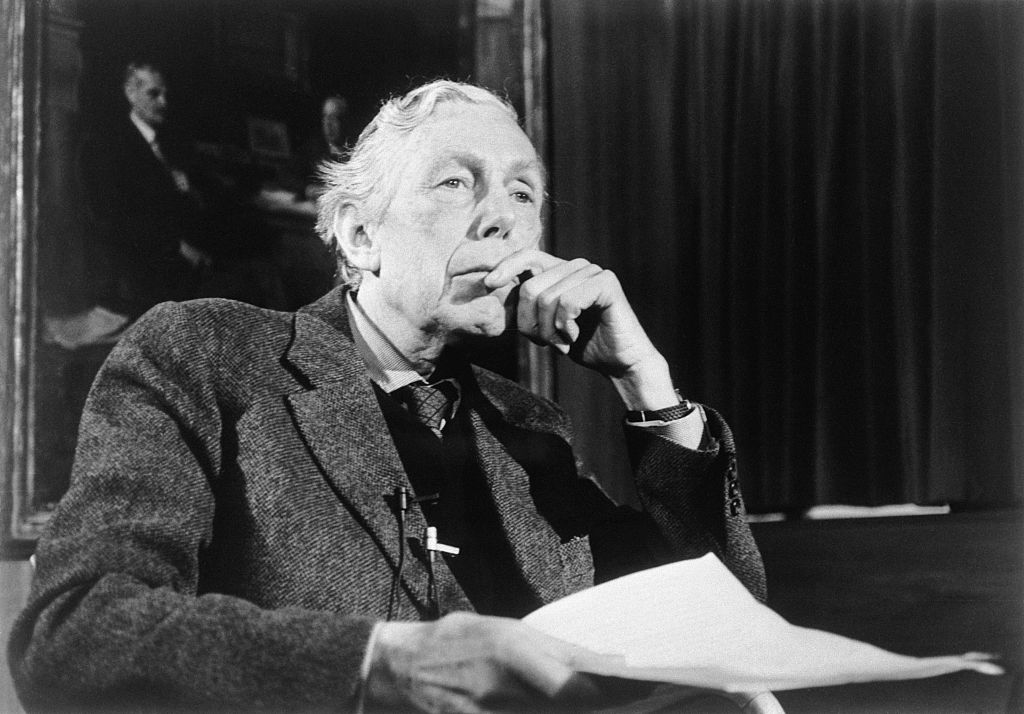With a long election period now behind us, we may ask ourselves: what do the recent European, British and French elections tell us about how democratic democracy is in the Western world?
Of course, democracy is not perfect. If we are to agree with Winston Churchill, it may even be “the worst form of Government except for all those other forms that have been tried from time to time.”
Indeed, the people are not always right. But they have a right not to be. This is the whole point of a system which works through representation.
Representation for all is key. There is a misconception, that democracy in the way we conceive of it today was invented by the Greeks. Take it from this Greek, this is not exactly so. Ancient Athenian democracy was more of an oligarchy with a voting system, where a minority had direct voting rights.
In modern-day parliamentary democracy everyone has a say. This political system was actually first established by the British and the Dutch and perfected through time. In theory, people have the power. No overlord is to say whether what citizens decide is right or wrong. Representatives are there to do what we tell them to.
Is this the case today? Is everyone’s opinion as expressed through voting valued and respected equally? Unfortunately, it is not. Not all votes end up having the same weight. Ruling elites and voting systems distort the people’s will.
On an EU level, for example, tens of millions of people who voted for national-conservative parties are currently being completely ignored. The third and fourth largest groups in the European Parliament are excluded from deciding on the future European Commission. Europe shifted rightward only to find itself under the same progressive rule.
In the UK, things seem even more absurd. Nigel Farage’s Reform UK party got more than 14 per cent of the vote, but found itself with less than one per cent of the seats in the House of Commons.
In France, the National Rally came first with 37.1 per cent, but ended up third in number of seats in the National Assembly. Worse than that, it appears that it will not be represented at all in the next French government.
And then there is the cordon sanitaire. Some elected individuals and parties believe that they can impose an institutional blockade on other representatives that the people have elected. It is happening all over Europe, both on an EU and national level.
All in all, Western democracy does not look all that democratic. People vote for one thing and get something completely different. Yes, in most cases this is how voting laws work. And yes, these are the institutional rules in Brussels and in individual states. But laws and rules are there to serve the people. Not the opposite.
The final test for democracy in 2024 will be taking place in November in the United States. Donald Trump is leading according to all polls, but anything can happen. The establishment is doing all in its power to exclude him from the race. If he runs, he may be faced with a last minute change of opponent. Election fraud is also always on the table.
One of the Founding Fathers of American democracy has given us a remarkable warning. “Remember,” John Adams said, “democracy never lasts long. It soon wastes, exhausts, and murders itself. There is never a democracy that did not commit suicide.”
Many things need to change, if freedom and popular sovereignty are to be sustained in the West in the 21st century. Laws and institutions may have to be revised and reformed. Voting systems may need to be rethought.
We cannot afford to see the people lose faith in democracy because the elites manipulate their expressed will and mandates. Our representative system of government may be far from ideal, but history should have taught us by now that we do not have any better alternatives.





Zelensky drags America into war, or Zelensky loses